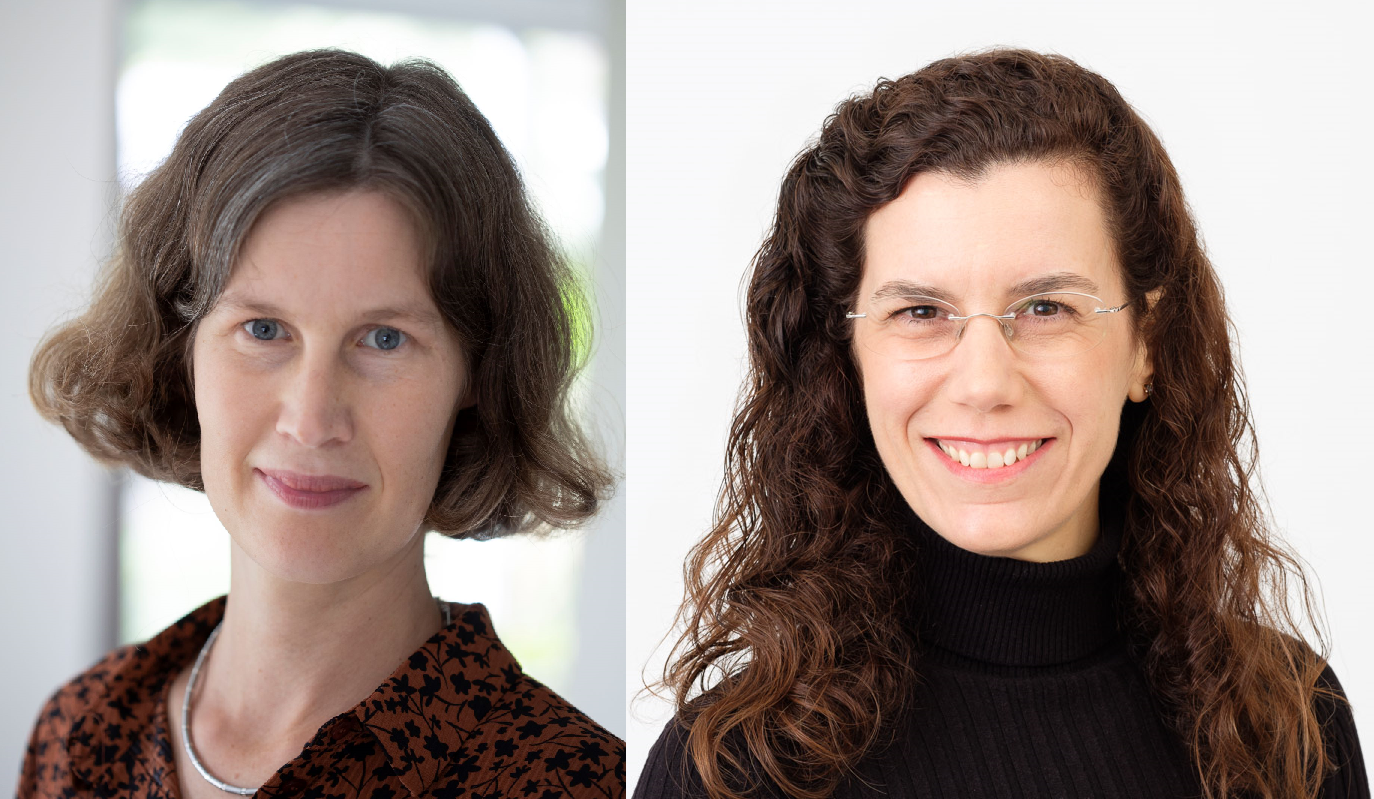An essay by University of Kent Professor Kathleen M Quinlan and Utrecht University of Applied Sciences Professor Liesbeth K J Baartman has been shortlisted for the inaugural Dr Jonathan Nicholls Memorial Essay Prize Competition (see: https://www.ahua.ac.uk/meet-the-shortlist-of-the-dr-jonathan-nicholls-essay-prize-competition/), sponsored by the Association of Heads of University Administration. Entrants were asked to write on the subject of:
Higher Education Reimagined: identify one innovative idea that would transform HE institutions for the better and consider how we make it happen in practice.
Professors Baartman and Quinlan advocated for programmatic assessment in an essay titled: “Assessment and Feedback in Higher Education Reimagined: Using Programmatic Assessment to Transform Higher Education”. They explain, “Programmatic assessment provides a different way of assessing student learning that engages students with feedback and helps them integrate and communicate their learning across a whole programme.” The full essay has been accepted, with revisions, for publication in Perspectives: Policy and Practice in Higher Education.
Quinlan is Professor of Higher Education and Director of the Centre for the Study of Higher Education at the University of Kent and Baartman is Professor of Assessment in Professional/Vocational Education in the Research Centre for Learning and Innovation at the Utrecht University of Applied Sciences. Both researchers work with new university teachers to enhance educational practice in higher education.
In the full essay, they argue that assessment and feedback practices in higher education need to be transformed to better address three key purposes: promoting learning, assuring assessment rigour, and communicating students’ employability. These purposes are hindered by the modularisation of courses and assessment that characterise most current UK higher education. They draw on Professor Baartman’s experience in the Netherlands translating the principles of programmatic assessment from its origins in medical education to other professional fields.
With a UK audience in mind, they outline eight recommendations that synthesise the key principles underpinning PA and then describe and illustrate four action steps for programme teams to take to implement programmatic assessment. The revised essay for publication also highlights the implications of programmatic assessment for a range of professional services staff and leaders.
They conclude, “If we keep doing assessment and feedback in the same way, we’ll keep having the same disappointing results. [Programmatic assessment] could transform assessment and feedback practices, enhancing learning in HE across the sector.”
Winners will be announced at a prize ceremony in London on 22 June 2023. Good luck, Liesbeth and Kathleen!

